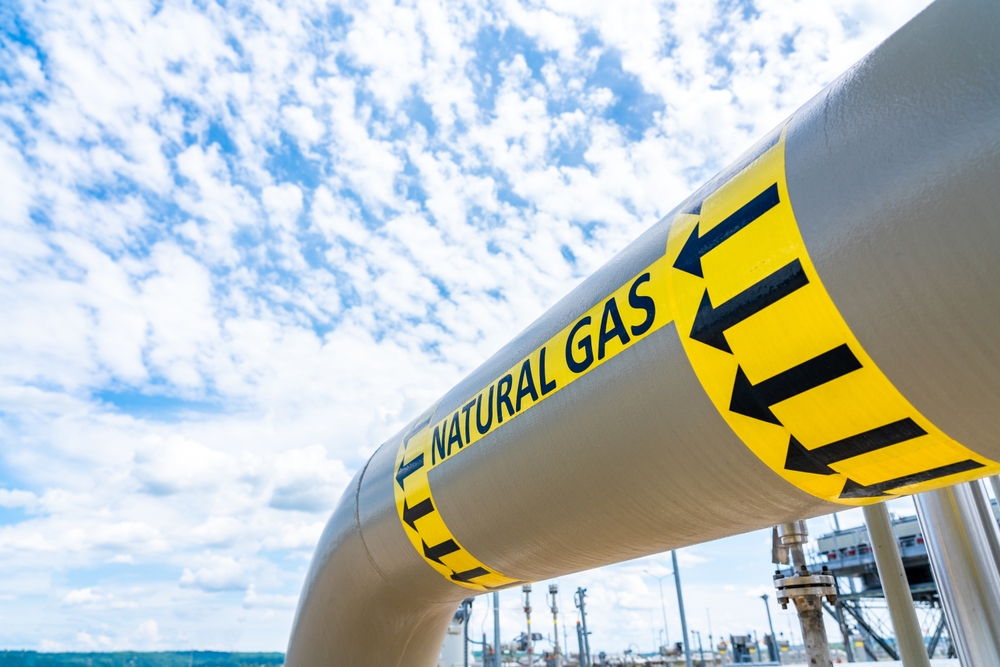In response to the impending situation, the European Union and Ukraine have urged Azerbaijan to facilitate discussions with Russia.
Others are reading now
As the current gas transit agreement between Ukraine and Russia nears its expiration on December 31, European consumers may face rising energy costs.
Alternative Routes Could be Used
The Kremlin has warned that if Ukraine does not agree to extend the deal, which facilitates the flow of Russian gas to Europe, alternative routes could be used, leading to higher prices for European buyers, according to Ziare.
Ukraine, embroiled in an ongoing conflict with Russia, has repeatedly stated it has no intention of renewing the agreement.
Kremlin spokesperson Dmitry Peskov emphasized that the end of the transit agreement would harm European consumers who rely on Russian gas, potentially forcing them to pay more for alternatives, including liquefied natural gas from the United States.
Also read
Europe Need to Brace for Higher Prices
While some European countries that receive Russian gas via Ukraine have prepared for the possibility of disrupted supplies, the available alternative routes, such as through Turkey via TurkStream, have limited capacity.
Gazprom, Russia’s state-owned gas company, could redirect some supplies through these routes, passing through Bulgaria, Serbia, or Hungary, but this would not fully compensate for the loss of the Ukrainian corridor.
In response to the impending situation, the European Union and Ukraine have urged Azerbaijan to facilitate discussions with Russia to explore potential agreements for continued gas transit.
However, with Ukraine firmly against renewing the current deal, Europe may need to brace for increased energy prices and seek out additional supply options as the year-end deadline approaches.


